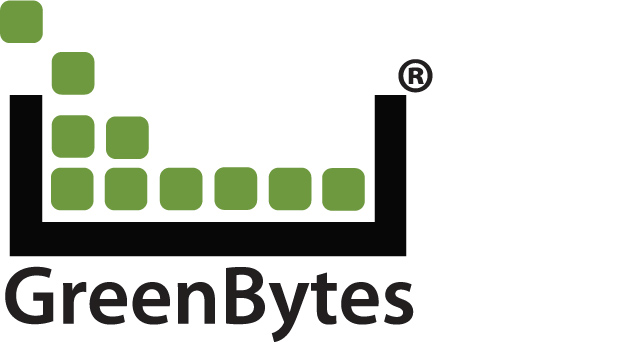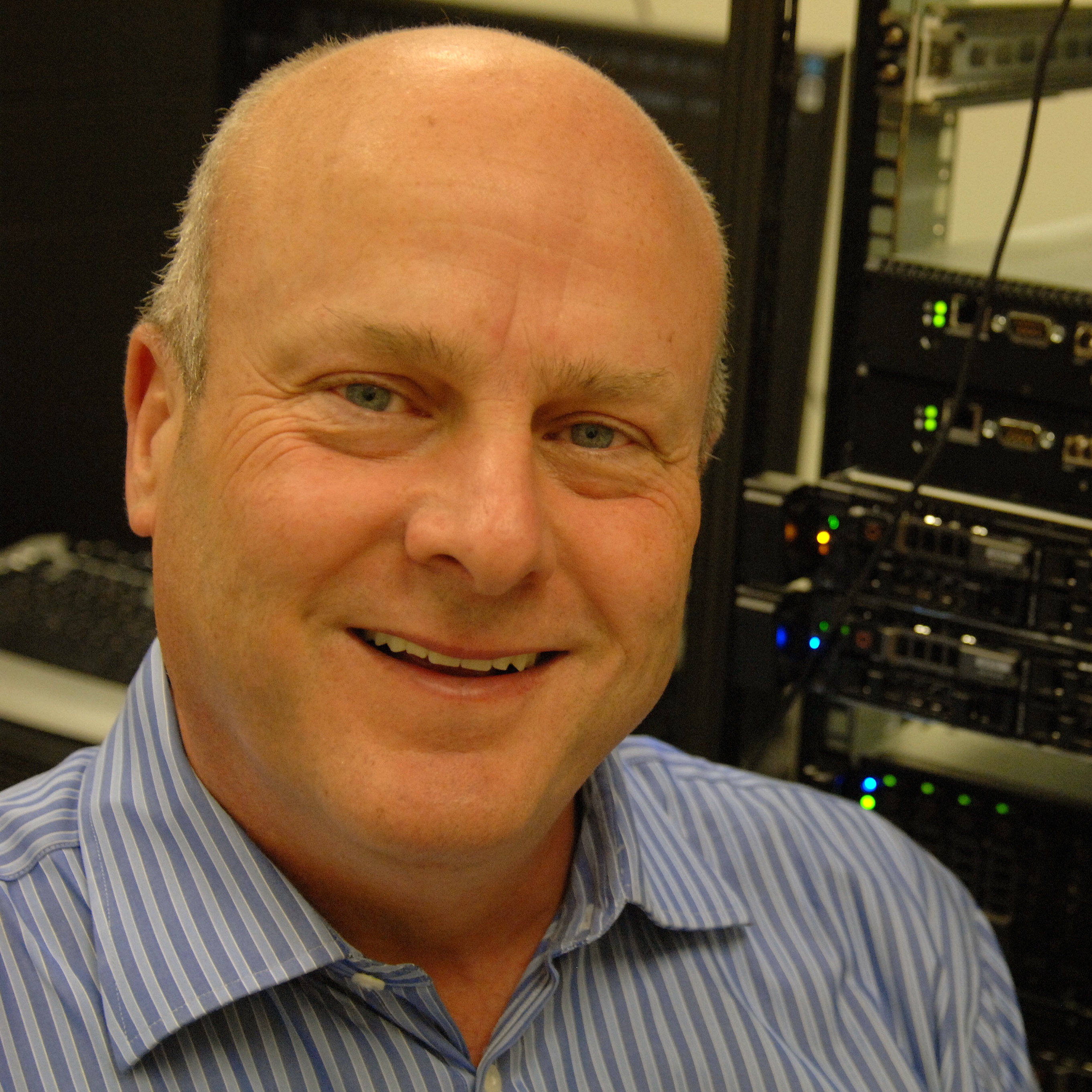 GreenBytes, interview with CEO Steve O’Donnell
GreenBytes, interview with CEO Steve O’Donnell
Date: 26 August 2013
GreenBytes Crunchbase profile
Steve O’Donnell of Greenbytes
On the 21st of August, I interviewed Steve O’Donnell – CEO of Greenbytes. In the first part of the interview I covered the reasoning behind Greenbytes’ move toward 100% software only. In the second part, I asked Steve about his views on the storage market and asked some questions about his personal drive & background.
Some of my questions were inspired by an interesting interview on Techcrunch with Lightspeed Venture Partners’ Bipul Sinha where he explains (jump to 02:00) that in his view, the best startups offer a disruptive solution that fits into an existing structure that the customer is already using. He convincingly explains how flash virtualization startup Pernix Data fits those parameters, but left some question marks in explaining how Nutanix (also in his portfolio) meets those requirements.
I have been interested to hear the views on converged technologies and how disruptive technologies can be made to fit customers’ existing infrastructure. Steve has interesting views on these points that shine through in this second part of the interview.
How do you view the converged technologies like Nutanix, Simplivity and upcoming ConvergentIO?
 I think they’re great and the obvious way forward. The market is going toward services, toward fully integrated solutions. At Greenbytes we are seeing that customers are buying fully integrated virtual appliances for VDI that work. Working with our partners we deliver that kind of integrated solutions. Nutanix, Simplitivity are great. Except, they’re still the ancklebiters, the little guys – who’s going to win is the big guys.
I think they’re great and the obvious way forward. The market is going toward services, toward fully integrated solutions. At Greenbytes we are seeing that customers are buying fully integrated virtual appliances for VDI that work. Working with our partners we deliver that kind of integrated solutions. Nutanix, Simplitivity are great. Except, they’re still the ancklebiters, the little guys – who’s going to win is the big guys.
In light of converged solutions, how do you view Rip & Replace technology?
Although IT is inherently a disruptive set of technologies, it is only integrated and accepted in a very gradual manner. If you’re going to offer anything that requires your customer to rip & replace their existing appliances, it will inherently fail. As far as Greenbytes is concerned; we’re not going to war with EMC, that would be stupid.
This view is in line with Greenbytes recent move toward 100% software, described in my prior article. By focusing 100% on software, while allowing for collaboration with customers’ existing hardware and software solutions, Greenbytes technology can actually be offered to customers without the necessity to rip and replace.
What companies in the storage space do you really admire?
Netapp did some really smart things in the past. XIV, before it was acquired by IBM, had a revolutionary way of using slow SATA drives and using smart mirroring to make a high performing solution. Another great IBM solution was SVC, in my view the first proper storage virtualization product in the market.
Violin Memory is very impressive hardware with some really clever technology, making it the lowest latency / highest performance box out there. Fusion IO were the first to really introduce low latency storage to the market.
How significant are flash and shift toward software?
Overall, we’ve been stuck in the magnetic era and saw capacity and performance tread forward inch by inch. Moving into the flash space is changing things.
That said, it’s software that really differentiates. Software is what really drives it.
Flash is made in large factories in Taiwan, it’s all about how big the plants are that make it, how cheaply it can be manufactured.
A great example of how the shift toward software is defining the storage market, is EMC moving from hardware to software. They are beginning to adopt the principle of putting the smarts in a layer and using the commodity hardware at the backend. We’re going to see EMC supporting 3rd party hardware and focus more on software. The main reason for that is profit is draining out from the commodity hardware and shifting toward software.
Aside from these market developments, what drives you personally?
I’ve always been a troubleshooter, taking stuff that is really broken and fixing it. I love a big challenge, it’s got to be tough for me to get behind it.
Secondly, I really love working with the best people. I surround myself with people that are orders of magnitude smarter than myself.
Thirdly, working for an American startup as a European is an interesting challenge in itself. Even as a native English speaker, there is a lot of cultural differences. I find that an interesting challenge.
Looking back on everything you’ve done, what people have inspired or helped you get where you are now?
Theo van Dort, I worked for him in a company that made multiuser computers and software. He taught me never to be a busy fool. No is very a powerful word that should be used more often than yes. Don’t just do the first thing that comes along, think about it and plan. Do things that really make a difference. I’ve actually lived like that for the last 30 years of my life, it’s been an important mantra.
Al-Noor Ramji, he was the CIO when I worked with him at BT. He was an absolute visionary. He forecasted Cloud, Containerized datacenters, the Smart Grid. He was so switched on to what was going on. He taught me to stop thinking about the present and to start thinking about the past and the future. Think about the continuity that’s going on at the intersection of all these changes. Ask yourself how it is going to play in the future, what will have changed?
Outside of business, another major inspiration has been Nelson Mandela. I don’t need to explain why.
How do you view the difference in business climate between US and Europe
In the US you play to win. European venture capitalists are very much into how many months you have to get to revenue and profit. In the US, venture capitalists are very different. It’s about getting to the point where you lead the market. You go to win and to win big. I love this positive approach to going to win, the willingness to invest and take on the competition. I really like that, it fits with my personality.
CEO Series
This article with Steve O’Donnell is part of a larger series, I am interviewing CEOs that lead companies in the field of Storage, Virtualization and Networking. What developments in the market did they see that inspired them to build their company? How will the market develop from here? These questions are on most of our minds, and I am keen on asking leaders in the industry for their views.
Geef een reactie